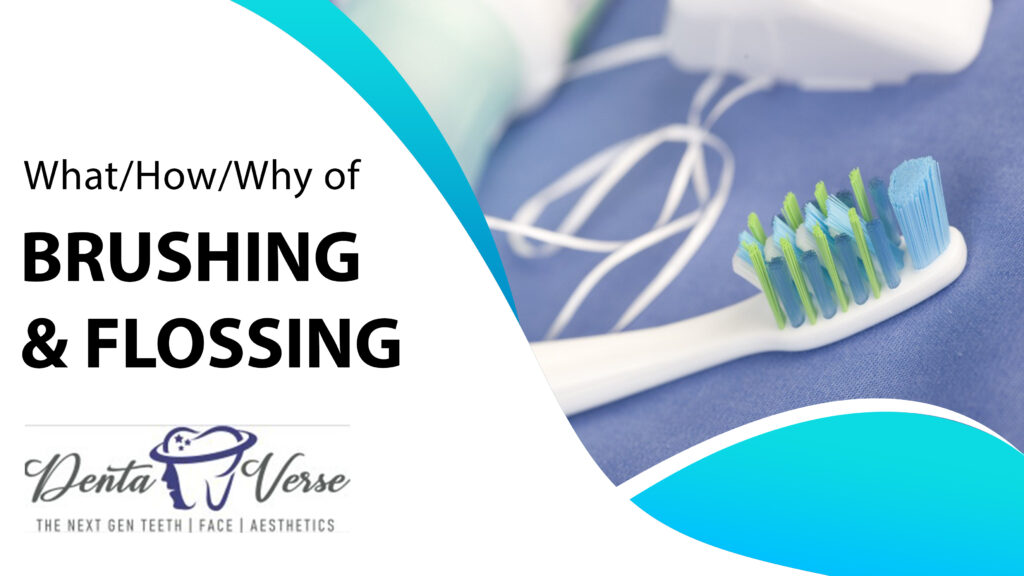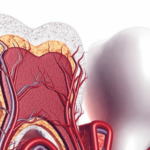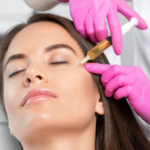
It is important to brush your teeth and floss to prevent gum disease. Refusal to brush one’s teeth for several days can lead to the onset of gum disease. Brushing ensures the removal of plaque, which is the primary cause of tooth decay and gum disease; it also arrests the build-up of any plaque formation.
Dental Floss Uses and Advantages
Dental floss is an effective and easy-to-use tool as a way for preventing periodontal disease. The buildup of plaque and bacteria can lead to this disease that adversely affects the health of your gums, teeth, and bones that hold them. Brushing twice each day is the first step in taking preventive action against periodontal disease. This should be accompanied by the addition of flossing into your regular oral hygiene routine because it removes plaque from between your teeth that your brush can’t reach.
It only takes a few minutes to floss your teeth every day and while it may not seem like much, those few minutes are among the most effective ways to keep your health optimal. Dentists agree that flossing your teeth daily is necessary for keeping your gums healthy and clean. It will take some time to get into the habit of daily flossing, but once you do, you’ll never want to stop!
Importance of Brushing
One must brush his or her teeth daily. Brushing helps polish and clean the top layer of our teeth, which would otherwise be susceptible to losing moisture and getting decay; this may lead to tooth cavities, which are holes in the teeth, a condition that may cause a tooth to fall out. Brushing can also help prevent bad breath, which discourages family members and friends from wanting to be in deep conversations with you because they feel as if you smell like garbage.
It is important to brush your teeth because it prevents gum disease. Refusing to brush for several days can lead to the onset of gum disease. Brushing ensures the removal of plaque, which is what causes tooth decay and gum disease, and also helps to prevent it from forming.
- Toothbrushes come in many sizes and shapes, and have to start out small enough for toddlers, but then grow to fit adult mouths. You should make sure you look for a soft bristle toothbrush that fits easily into your mouth without taking up too much room. Your toothbrush should also be able to reach different areas of your mouth easily.
- It is important to brush your teeth twice a day for a total of at least four minutes per session.
- If you have a new toothbrush and aren’t seeing any evidence of use, then there is a chance you’re not doing anything at all!
- You should replace your toothbrush regularly. Like most things in life, your toothbrush will begin to break down after a few months of use, and at that point, it’s simply not doing the same job as it was when you first bought it.
- The ADA-accepted toothpaste you use should be fluoride-approved. This is important to ensure that the right amount of fluoride is in your toothpaste to help prevent cavities.




